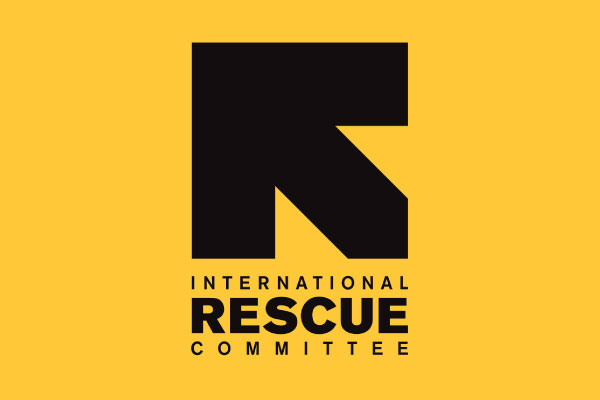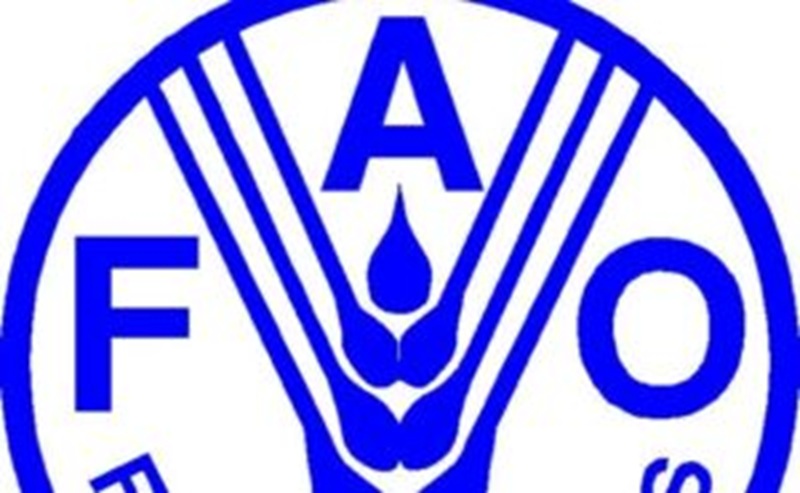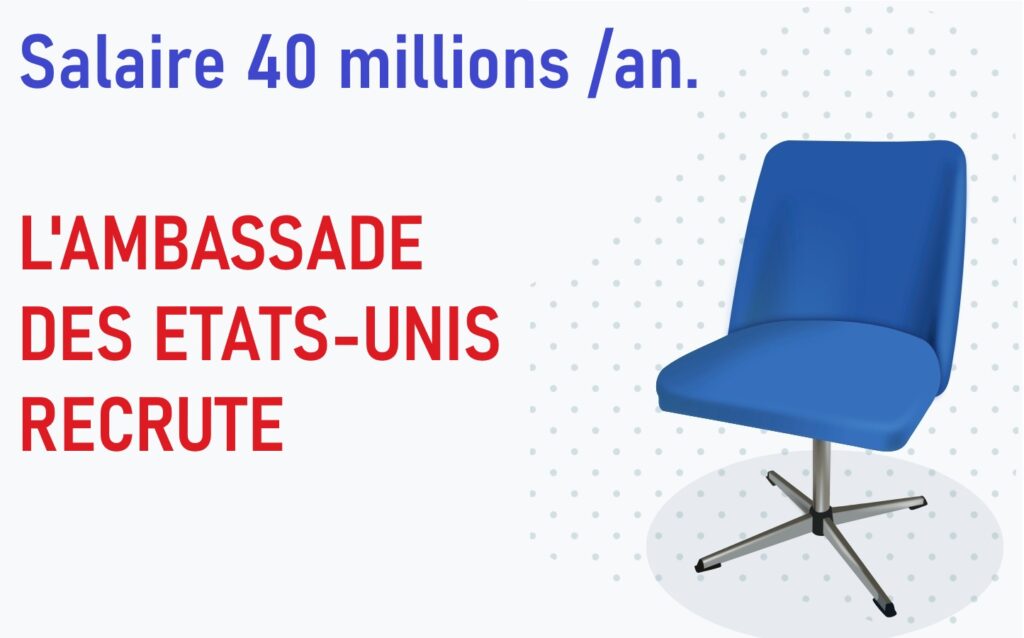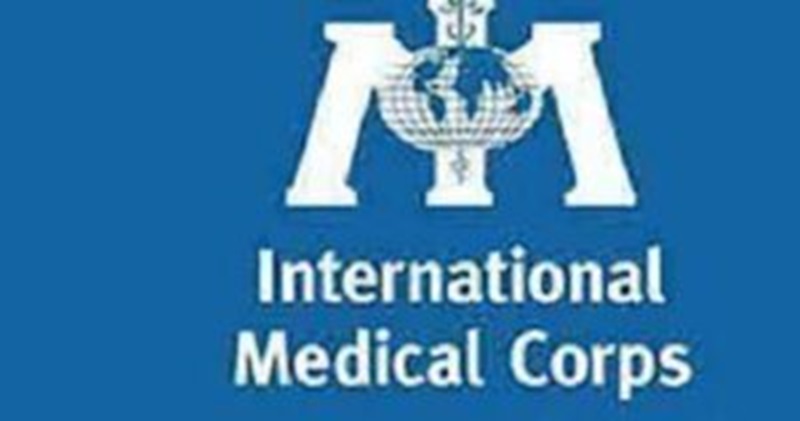The International Rescue Committee (IRC) responds to the world’s worst humanitarian crises and helps people to survive and rebuild their lives. Founded in 1933 at the request of Albert Einstein, the IRC offers lifesaving care and life-changing assistance to refugees forced to flee from war or disaster. At work today in over 40 countries and 22 U.S. cities, we restore safety, dignity and hope to millions who are uprooted and struggling to endure. The IRC leads the way from harm to home. The IRC’s vision is to lead the humanitarian field by implementing high-impact, cost-effective programs for people affected by crisis and by using our learning and experience to shape policy and practice. To achieve that vision, the IRC’s Technical Excellence units (TE) provide technical assistance to IRC’s country programme staff and shares what we learn to influence policy and practice. TE is comprised of Technical Units, all of which have deep expertise in their respective sectors: Education, Economic Wellbeing, Governance, Health, and Violence Prevention and Response.
The Violence Prevention and Response Unit (VPRU) works to reduce people’s vulnerability to and support their recovery from violence and promote transformative work for a future free from violence. The unit houses expertise in the fields of Child Protection, Protection and Rule of Law, and Women’s Protection and Empowerment (WPE). WPE supports programs to adhere to minimum standards and principles of good practice in the prevention of and response to gender-based violence and to meet the safety, health, psycho-social, and justice needs of women, girls, and survivors of gender-based violence. Today, IRC manages WPE programs in more than 30 countries across Africa, Asia, the Middle East, and Haiti, with funding from governments, the UN, foundations, and private donors.
The position will be based within the Violence Prevention and Response Unit (VPRU)’s Technical Innovations Team which focuses on the development and testing of innovative programme models and approaches; development of programming tools, guidance, curriculum and other resources; the generation of evidence through research and learning; and evidence-based advocacy to influence policy and practice in the field of violence prevention and response.
Position Summary:
The Adolescent Girls (AG) Technical Advisor (TA) will be responsible for supporting a 36-month French Development Agency (AFD)-funded grant titled Feminist Solidarity Fund for Girls’ Education (FSF). Through this project, FSF Consortium will support a range of feminist CSOs and Women’s rights and Women led organisations(WROs/WLOs) and youth organisations, working in our 7 target countries and/or at a regional level to accelerate gender equality in and through education. These include:
· CSOs providing direct support to girls and their families to remove individual-, family- and community-level barriers to education.
· CSOs working directly with schools and other sub-national institutions to improve the quality of support for adolescent girls in school as well as access to education for out-of-school girls.
· And, CSOs conducting research and/or advocacy to advance the rights of girls, including access to education
Priority will be given to CSOs working with the most marginalised, vulnerable or under-served subgroups of adolescent girls such as those that have experienced violence, those living through multiple crises, those that are marginalized because of their gender identity and sexual orientation.
The Adolescent Girls TA will guide the program design, provide direct technical support, and technical capacity strengthening to implement, measure and continuously improve the proposed project in in close collaboration with the Education Technical Advisor.
This is a primarily a field-facing position with the central responsibility focused on program quality. The Technical Advisor’s specific responsibilities are as follows:
• Provide technical leadership to ensure a shared regional framework, as well as context-appropriate adaptation, for program design, innovation, influence, and monitoring, evaluation, and learning for the FSF project;
• Support consortium partner staff to undertake FSF activities, ensuring that they are aligned with the project strategies which include contextualizing gender equality in education outcomes and including interventions chosen based on best available evidence;
• Provide support to ensure proposed activities are responsive to client needs and preferences based on sound context and gender analysis;
• Document and share cross-context learning internally (with country program staff) and externally (in relevant meetings, conferences, etc. in national, regional, and global fora);
• Regular communication and coordination with the Project Manager and key home office staff as well as other regional Technical Advisors on technical and project management issues;
• Give technical input to relevant communication materials such as fact sheets, briefs, papers, and presentations that can be disseminated and used for influence at the national and global level;
• Produce technical inputs to internal and external reports, as needed;
• In collaboration with education Technical Advisor, act as lead technical focal point for education in emergencies technical questions with the donor.
Key Working Relationships:
Position Reports to: FSF Project Director in VPRU
Job Qualifications:
· Education: Master’s/post-graduate degree in gender studies, international development or relevant field or equivalent combination of education and experience is required. Participate in ongoing training courses and share knowledge and skill sets within the unit.
· Work Experience: A minimum of 6 – 8 years of implementing and/or managing large education, or gender equality and empowerment programs and teams, is required, within a humanitarian or international development setting, with at least 1—2 years acting in an advisory capacity on women’s protection/ gender equality programming. Experience in technical tools and materials development, monitoring and evaluation, innovation, and research in relation to women’s protection/ gender equality is highly desired. Experience working in adolescent girls programming. Experience in strategy development and working across sectors or disciplines is highly desired.
· Demonstrated Skills and Competencies:
· Demonstrated expertise in program design, monitoring and evaluation, with the ability to turn concepts and strategy into measurable action. Strong verbal and written communication skills. Demonstrated commitment to renewing and maintaining currency with best practices.
· Experience working directly with partners through a consortium is highly desirable.
Language Skills: Fluency in English and French is mandatory.
Working Environment: Up to 40% travel may be required.
The IRC and IRC staff must adhere to the values and principles outlined in IRC Way – Global Standards for Professional Conduct. These are Integrity, Service, Accountability and Equality. In accordance with these values, the IRC operates and enforces policies on Beneficiary Protection from Exploitation and Abuse, Child Safeguarding, Anti-Workplace Harassment, Fiscal Integrity, and Anti-Retaliation
The International Rescue Committee (IRC) responds to the world’s worst humanitarian crises and helps people to survive and rebuild their lives. Founded in 1933 at the request of Albert Einstein, the IRC offers lifesaving care and life-changing assistance to refugees forced to flee from war or disaster. At work today in over 40 countries and 22 U.S. cities, we restore safety, dignity and hope to millions who are uprooted and struggling to endure. The IRC leads the way from harm to home.
The IRC’s vision is to lead the humanitarian field by implementing high-impact, cost-effective programs for people affected by crisis and by using our learning and experience to shape policy and practice. To achieve that vision, the IRC’s Technical Excellence units (TE) provide technical assistance to IRC’s country programme staff and shares what we learn to influence policy and practice. TE is comprised of Technical Units, all of which have deep expertise in their respective sectors: Education, Economic Wellbeing, Governance, Health, and Violence Prevention and Response.
The Violence Prevention and Response Unit (VPRU) works to reduce people’s vulnerability to and support their recovery from violence and promote transformative work for a future free from violence. The unit houses expertise in the fields of Child Protection, Protection and Rule of Law, and Women’s Protection and Empowerment (WPE).
The position will be based within the Violence Prevention and Response Unit (VPRU)’s Strategy and Learning Team which focuses on the development and testing of innovative programme models and approaches; development of programming tools, guidance, curriculum and other resources; the generation of evidence through research and learning; and evidence-based advocacy to influence policy and practice in the field of violence prevention and response.
|
Role purpose: The FSF Project Director will be responsible for a 36-month AFD-funded grant titled Feminist Solidarity Fund for Girls’ Education (FSF). Through this project, FSF Consortium will support a range of feminist CSOs and WROs working in our 7 target countries and/or at a regional level to accelerate gender equality in and through education. These include: · CSOs providing direct support to girls and their families to remove individual-, family- and community-level barriers to education. · CSOs working directly with schools and other sub-national institutions to improve the quality of support for adolescent girls in school as well as access to education for out-of-school girls. · And, CSOs conducting research and/or advocacy to advance the rights of girls, including access to education
Priority will be given to CSOs working with the most marginalised, vulnerable or under-served subgroups of adolescent girls such as those that have experienced violence, those living through multiple crises, those that are marginalized because of their gender identity and sexual orientation. The FSF Project Director will be accountable for the overall delivery of the programme and have leadership responsibility for the overall management of this award, which will primarily be implemented through IRC and 3 other regionally-based consortium partners. The FSF Project Director will provide strategic and operational leadership to develop and implement a successful program. Together with the Technical Advisors for the FSF project, the Project Director will ensure adherence to overall technical and programmatic quality in implementation, compliance with AFD rules and regulations, and the timely submission of all deliverables, including annual work plans, performance monitoring plans, reports as required. The Project Director will be responsible for ensuring quality, and consistency of programming across all the countries and to this effect, organize and lead on the regular virtual project review meetings, and the face-to-face Annual Project Review Meetings for all project stakeholders. This role will also have the responsibility for ensuring coordination with other relevant IRC offices and teams, including the Awards Management Unit (Compliance, PGST), CRRD Technical Units (Education, and Women’s Protection and Empowerment), Regional and Country leadership, as appropriate. In addition, the role will also ensure regular liaison with the AFD desk officer in Paris and in the countries of implementation, as appropriate. |
|
SCOPE OF ROLE: Reports to: Director of Strategy and Learning, Violence Prevention and Response Unit |
|
KEY AREAS OF ACCOUNTABILITY: Project leadership, delivery, management, coordination and quality assurance · Hold overall responsibility for high-quality design and implementation of all aspects of the program, based on actual needs and response analysis. · Provide strategic guidance, strong leadership and ensure technically sound decision-making processes in coordination with the Technical Advisor and Steering Committee comprised of regional and country management staff. · Serve as main point of contact with AFD and maintain regular communication (in French and/or English, as specified by the donor) · Represent IRC in all relevant fora at all times. · Ensure compliance with and adherence to IRC and AFD rules and regulations. · Ensure timely startup and implementation of the program in collaboration with country program staff, partner(s) and relevant departments. · Lead a well-functioning consortium of 3 partners · Lead the establishment of and support a well-functioning team · Uphold feminist principles through all aspects of work · Ensure regular and on time monitoring, including in-country monitoring, and monthly reporting on all program management aspects including the Action Plan (budget and actual expenses analysis, work-plan progress and updating, data collection and analysis and monitoring of indicators, partner sub-awards). Document monitoring observations and outcomes and communicate them to key stakeholders. Flag and troubleshoot when issues arise during implementation. · Take full responsibility for the delegated budget holding function on the programmatic aspects of the program, participate actively in award review meetings and contribute to financial decision making, ensuring that value for money can be effectively demonstrated to the donor. Support budget realignments and grant amendments/modifications · Support baseline surveys, regular monitoring, review and evaluation, in cooperation with the partners. · Foster an integrated approach by coordinating and cooperating with all related thematic areas during program implementation and for future program design and development. · Produce high quality reports within agreed reporting schedules. · Ensure that cross-cutting themes such as client responsiveness, gender and best use of resources (BUR) are effectively integrated throughout implementation. Ensure internal IRC policies and procedures (e.g. OTIS, PEERS) are followed. · Ensure that established international, national and inter-agency standards and guidelines are followed. · Document program learning, and incorporate analysis and lessons learned into new strategies/activities. · Stay informed about programmatic issues and security and & political developments in the project regions and how they might affect program implementation Requirements · Master’s degree in International Development, Gender, Sociology or related field. · At least 8-10 years of experience with a humanitarian and development NGO or multilateral agency with specific focus on leading programming for women and girls · Experience in working within or in close collaboration with femisit/women’s movements and/or organisations in the GLobal South · Experience in leading or managing consortia · International field experience, especially in the region, preferred · Program and/or grants management experience with key donors, such as AFD, USAID, DFID, and/or European Union/ECHO. · Experience managing for donor compliance, proposal writing, budgeting, and representing implementers to donors · Proven ability to lead, manage, and develop teams, including staff working at a distance · Proven ability to manage multiple work streams and to coordinate across teams/functions · Excellent relationship-management skills with colleagues in the field and HQ, senior stakeholders, and donors · Ability to drive adaptive thinking and management, by creating a culture of open communication, problem solving and learning. · Ability to travel internationally approximately 40% of the time · English and French fluency required The IRC and IRC staff must adhere to the values and principles outlined in IRC Way – Global Standards for Professional Conduct. These are Integrity, Service, Accountability and Equality. In accordance with these values, the IRC operates and enforces policies on Beneficiary Protection from Exploitation and Abuse, Child Safeguarding, Anti-Workplace Harassment, Fiscal Integrity, and Anti-Retaliation #LI-GR1
Postulez ici |





